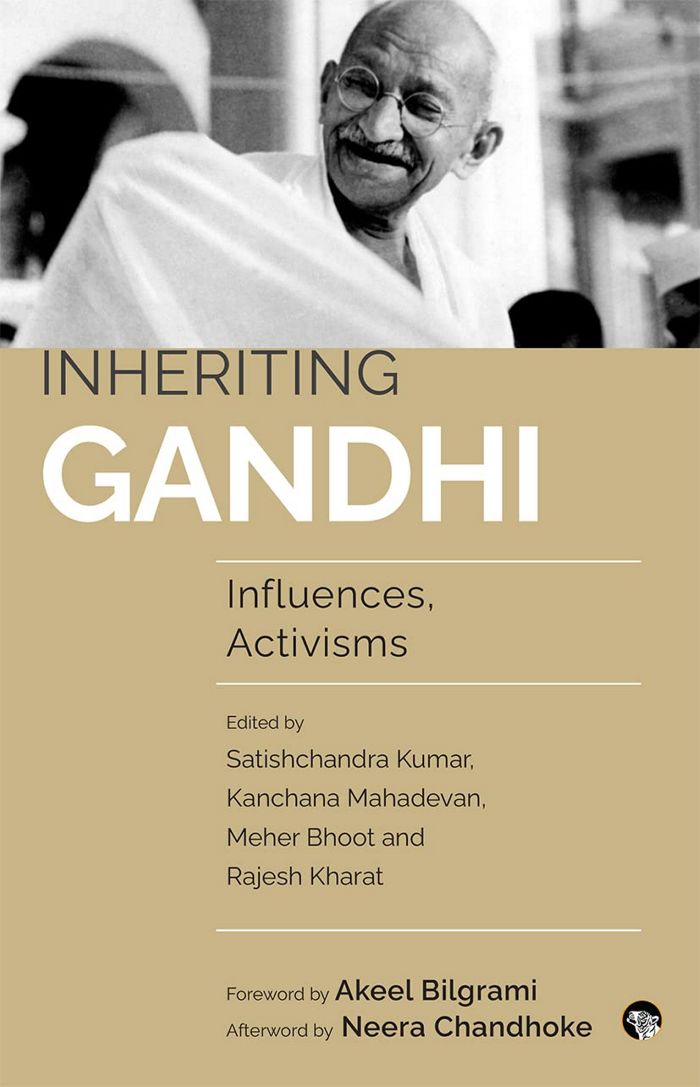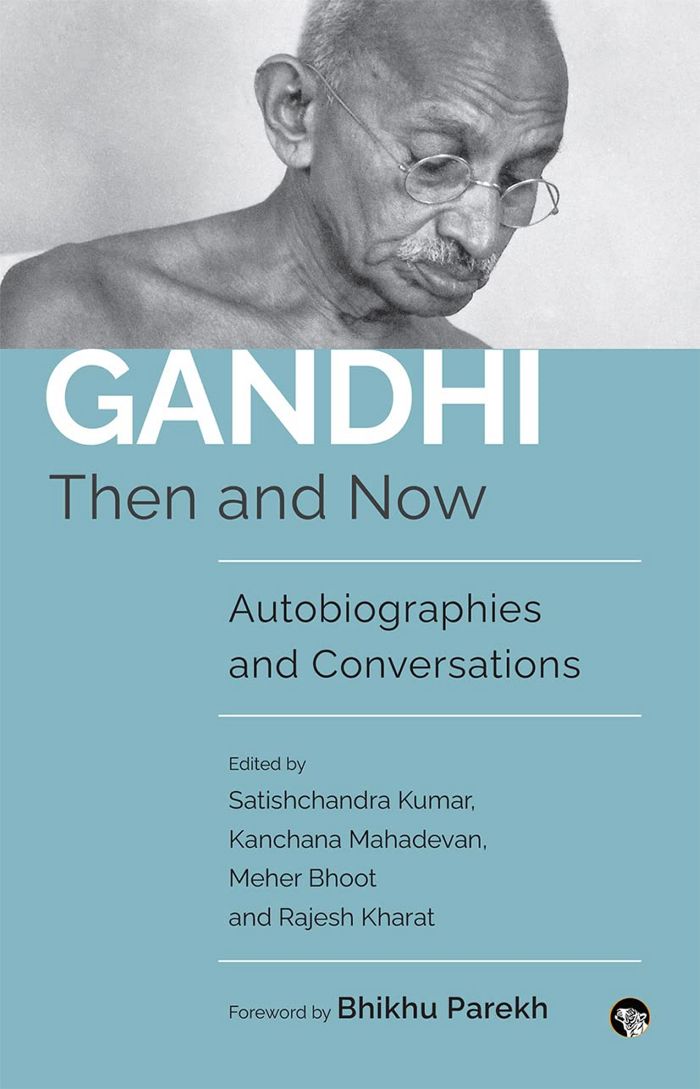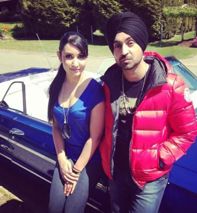Gandhi Then And Now: Autobiographies and Conversations Edited by Meher Bhoot, Rajesh Kharat, Satishchandra Kumar & Kanchana Mahadevan. Speaking Tiger. Pages 272. Rs 599
Book Title:
Avijit Pathak
These two volumes edited by four leading scholars, I have no hesitation in saying, are bound to invite young students, teachers, researchers and social activists to the politico-spiritual world that Mohandas Karamchand Gandhi sought to inhabit. The life he led, the ‘experiments’ he engaged with to redefine politics and religiosity, and, above all, his writings and reflections in Young India and Harijan generate diverse possibilities of interpretation and stimulate us to make sense of the world we are living in.
In fact, the spectrum of issues these two volumes, containing 27 essays, have covered is amazing — from the evaluation of Gandhi’s role in the ‘Black liberation struggle’ to the ‘application of Gandhi’s thought to higher education’; or from ‘Gandhi’s experiments and Ambedkar’s experiences’ to the nuanced relationship between ‘Gandhi and Subhas Chandra Bose’. Moreover, the Foreword and the Afterword written by the likes of Akeel Bilgrami, Bhikhu Parekh and Neera Chandhoke are bound to arouse the critical faculty and creative imagination of the reader.

Edited by Meher Bhoot, Rajesh Kharat, Satishchandra Kumar & Kanchana Mahadevan. Speaking Tiger. Pages 350. Rs 599
Take, for instance, an illuminating essay written by Prem Anand Mishra. At a time when the gospel of market fundamentalism has reduced us into atomised and discrete consumers, and ‘unrestricted individualism is shadowing moral restraints’, as Mishra reminds us, ‘Gandhi’s idea of the self and its relation to others through moral responsibility’ can help us ‘redesign our individual and political worldview for the betterment of humanity’. Likewise, it is refreshing to be enchanted by Shweta Sachdeva Jha’s creatively nuanced critical essay on the representation of Gandhi in children’s picture books in contemporary India. Jha is not wrong in arguing that children ought to see beyond the fossilised image of Gandhi as the ‘Mahatma’ because as a historical figure, Gandhi too is a ‘contested subject’— a subject to be ‘debated, critiqued and studied’.
There seems to be no end to the process of learning from Gandhi. In fact, as the traumatic memory of the ‘wounds’ of the coronavirus pandemic continues to haunt us, Vinay Lal’s brilliant essay makes us realise the significance of ‘Gandhi’s life-long passion for nursing’. Furthermore, as Lal argues convincingly, Gandhi would have also reminded us that ‘the pandemic is ultimately a reflection of the unrest within each of us and within homo sapiens as a whole’. Hence, as I feel, Lal is right in arguing that ‘we are all called upon to nurse this earth back to health — something which can only begin with the recognition that, as a species, we are likely less essential than we have imagined ourselves to be’. Likewise, as Margaret A McLaren’s essay indicates, how some contemporary grassroots women’s organisations in India ‘embody Gandhi’s philosophy through their activism’ — say, the way SEWA (Self-Employed Women’s Association) draws its inspiration from ‘Gandhian principles of swadeshi and swaraj, supports traditional artisan skills like embroidery, spinning and weaving, and provides training, links to markets, and skill building to give women control over more of the process from production to sale’.
These two volumes, I hope, will help young researchers expand their horizons. For instance, they can revisit Romain Rolland’s Gandhi — ‘the man who became one with the universal being’. Or, contemplate on ‘Gandhi’s and Tagore’s philosophies of love’. While Faisal Devji’s essay ‘Speechless Politics’ is philosophically stimulating, the influence of Gandhi on Indu Prakash Pandey’s life-trajectory is likely to touch the heart of every sensitive reader. Furthermore, the essays written by the likes of Siby George, Karen Gabriel, Sybil Thomas, Fauzia Patel and Faraz Khan deserve special attention.
However, the problem with the edited volumes is that amid diverse themes and issues — and not necessarily always connected through a centrally located coherent question — the average reader might find herself lost. For instance, Akeel Bilgrami’s brilliant reflections on ‘secularism and multiculturalism’ in the Foreward of one of these volumes can by no means be regarded as the unifying theme that characterises the essays it contains. And finally, I’d like to quote from the Afterword Neera Chandhoke wrote: “The final expression of Gandhi’s truth is not knowledge for the sake of knowledge, but knowledge for the sake of moral action.” In fact, the disturbing question I cannot escape from is whether in the hyper-competitive academic arena of reckless production of books, papers and edited volumes, we really take this Gandhian wisdom seriously.














